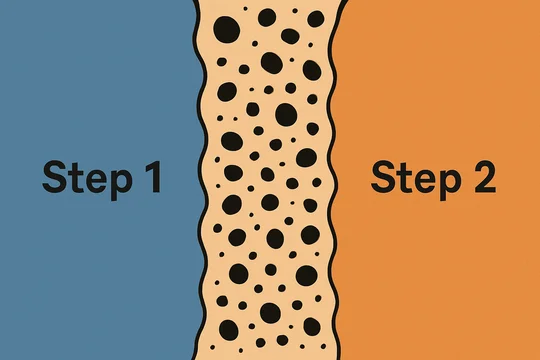
A few weeks ago, I suggested that, despite Berkheimer, courts are still taking § 101 motions to dismiss seriously when the facts warrant it. The Federal Circuit just affirmed the grant of one such motion in Data Scape Ltd. v. W. Dig. Corp., No. 2019-2161, 2020 U.S. App. LEXIS 20630 (Fed. Cir. July 1, 2020).
Reading Data Scape, it is interesting that the Court was able to shortcut the Alice Step 1 analysis by simply citing a 2016 Federal Circuit decision holding that the exact idea at issue—"the concept of delivering user-selected media content to portable devices"—was abstract.
In my view, this is one way that, over time, § 101 motions are going to get easier. As more and more patents are invalidated as abstract (whether before or after trial), the available menu of potentially analogous abstract ideas will grow and grow.
The Data Scape also talks about representative claims—an issue that comes up a lot.
The Court once again held that, where the moving party proposes a representative claim, the patentee can't simply argue that the claim is not representative, even by pointing out differences. Instead, it has to present separate arguments for the eligibility of those other claims.
A failure to do so is enough to affirm the invalidity of all claims, without any court having separately addressed those claims.
If you enjoyed this post, consider subscribing to receive free e-mail updates about new posts.




